Refugee Hosts PI Prof. Elena Fiddian-Qasmiyeh, on Channel 4 News, discusses how Covid-19 is impacting people living in poverty around the world. Prof. Fiddian-Qasmiyeh highlights the diversity of national and international responses, including by Low and Middle Income Countries. She argues for global solutions based on principles of solidarity to address the global pandemic in…
Tag: Localisation
Barriers to Localisation: Making the Invisible Visible
Despite international support for the 'Localisation of Aid' Agenda, working with 'the local' remains not only challenging, but also frustrating for many international organisations. As Kathleen Rutledge explains in this piece, this frustration stems from a variety of sources, from a sense that the local is frequently 'less professional', to a degree of mistrust about…
Assessing Urban-Humanitarian Encounters in Northern Lebanon
In this post, Estella Carpi examines the interface between ‘the urban’ and the humanitarian system in the small urban centre of Halba, in order to shed light on the antagonistic and, at times, collaborative relationships between local authorities, local and refugee labourers, and international humanitarian agencies. If you find this piece of interest, please also…
Employment and pension rights in the context of the localisation of aid agenda
Introductory reflection by Elena Fiddian-Qasmiyeh, Refugee Hosts PI and UCL Through the Localisation of Aid agenda, the international community has committed to support 'locally-based' actors who play a key role in responding to people affected by conflict and displacement. Indeed, as we have been exploring in our Localisation of Aid blog series, nationally- and locally-based…
Histories and spaces of Southern-led responses to displacement
Histories and spaces of Southern-led responses to displacement by Elena Fiddian-Qasmiyeh, Refugee Hosts PI and UCL Far from passively waiting for externally provided assistance, regional organisations, states, communities, households, families and individuals across the world have been responding to displacement throughout history. The case of refugees-hosting-refugees that I have been exploring in detail through Refugee…
The Localisation of Aid and Southern-led Responses to Displacement
The Localisation of Aid and Southern-led Responses to Displacement: Beyond instrumentalising local actors By Elena Fiddian-Qasmiyeh, Refugee Hosts PI and UCL Displacement is primarily a ‘Southern’ phenomenon, with around 90% of all refugees having fled from one country in the global South to another Southern state, through processes of South-South migration. It is equally the…
Before Defining What is Local, Let’s Build the Capacities of Humanitarian Agencies
In this piece, Dr Janaka Jayawickrama and Bushra Rehman argue that the localisation of aid agenda is shaped by a discourse of global humanitarianism that is characterised by a particular, cultural relationship to power. This suggests that current discourses on localisation have largely been North-centric, often overlooking the Southern contexts and histories that shape ‘the local’…
Refugee Neighbours & Hostipitality
Accounting for the roles of local communities is a key aim of our project, and of the 'Localisation of Aid' agenda more broadly. However, as a result of the mainstream narratives that pervade the literature on conflict-induced displacement, efforts to properly engage with the local have been held back by a failure to fully recognise…
Learning from the Local in Greece
Making localisation work is about much more than ensuring local actors receive a greater share of the funding pie, argues Tina Mason (founder of re:viewed). In fact, the disconnect between the 'local' and the 'international' pervades all aspects of the humanitarian response: addressing this, and learning from the local, is therefore essential if localisation is to be meaningful…
When Local Faith Actors Meet Localisation
Efforts to bring local faith actors (LFAs) into the wider humanitarian apparatus have been a key aim of the localisation of aid agenda. In this piece, Olivia Wilkinson (Director of Research of Refugee Hosts' research partner, the Joint Learning Initiative on Local Faith Communities) argues that there is a need to ensure that such engagements provide space…

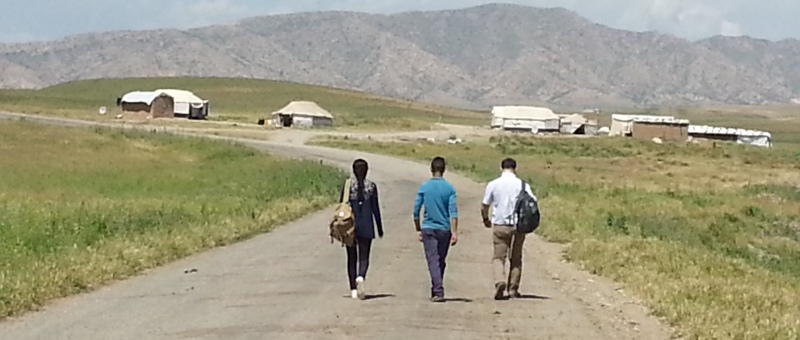
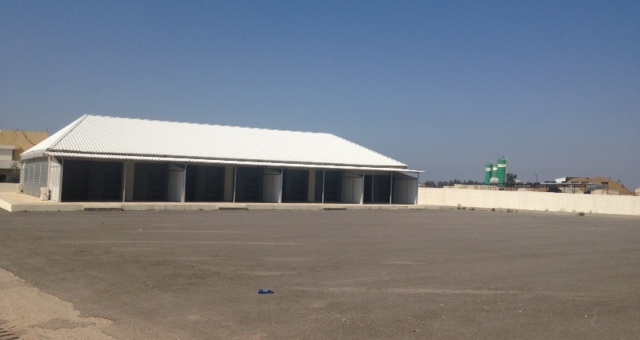
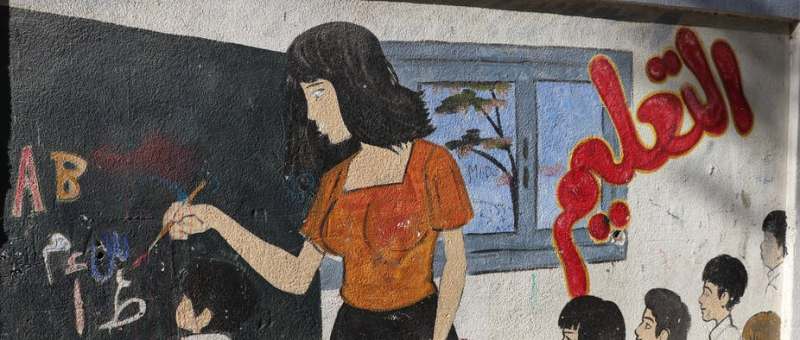
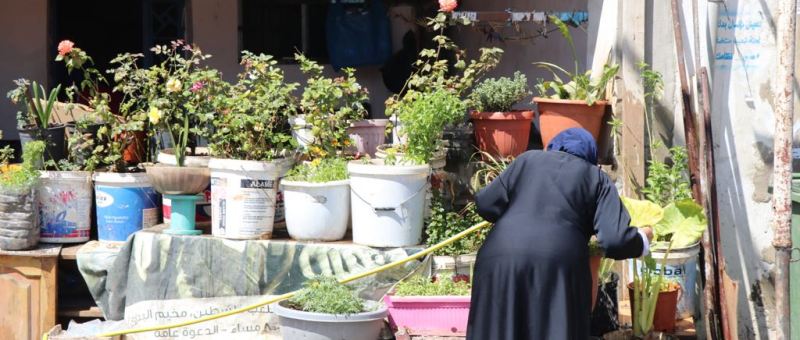
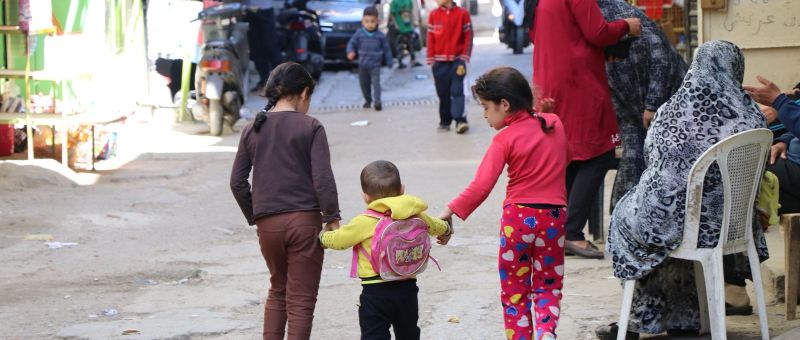
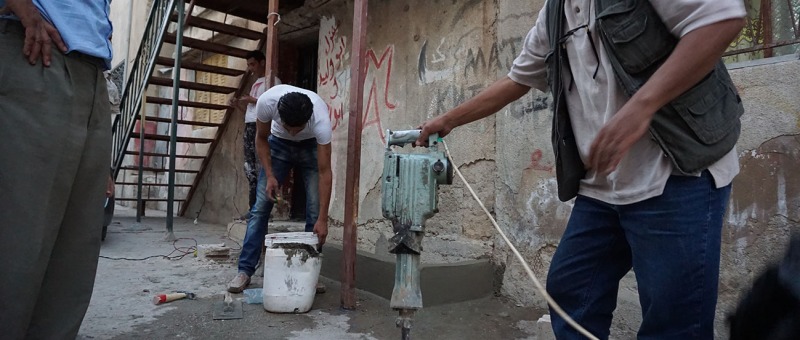



You must be logged in to post a comment.